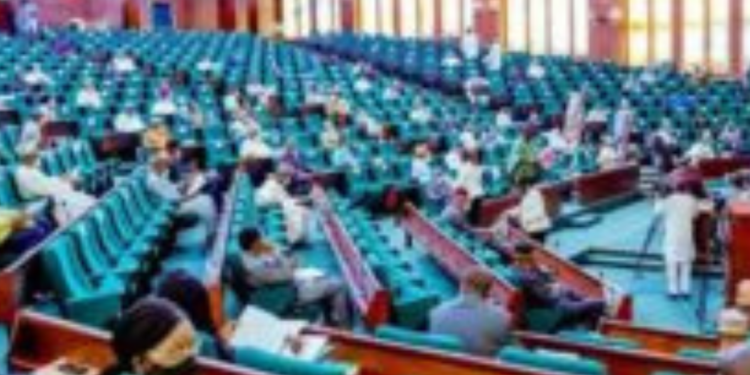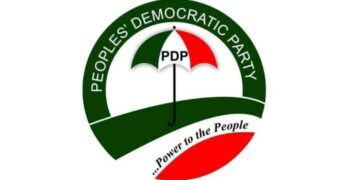The House of Representatives has directed its Committee on Insurance and Actuarial Matters to undertake a detailed forensic investigation into the non-payment of over N30 billion in group life insurance claims. These claims are tied to personnel of the Nigeria Police Force, the Head of Service, and the Ministry of Defence.The lawmakers’ directive was prompted by a motion raised during Wednesday’s plenary, titled “Breaches and Other Infractions of Some Federal Government Institutions on Insurance and Actuarial Matters Using Forensic Auditors.” The motion was presented by Mr. Sulaiman Gumi, who represents the Gummi/Bukkuyum Federal Constituency of Zamfara State
.
Gumi expressed deep concern over the lack of transparency in Nigeria’s insurance sector, which has left thousands of families of deceased government personnel stranded without their due benefits. He cited the non-compliance with Section 57 of the Insurance Act, 2023, and Section 4(5) of the Pension Reform Act, 2014, as the basis for these irregularities.“The failure to settle these claims has caused untold hardship to millions of families who depend on the entitlements of their late breadwinners,” Gumi noted. He added that, in some cases, beneficiaries are shortchanged through unauthorized deductions when payments are eventually made.
The lawmaker also flagged the extensive outflow of insurance business from Nigeria, which contravenes the Local Content Act. According to him, over $1 billion in insurance premiums that could have been retained within Nigeria is being funneled abroad. This, he warned, is not only detrimental to the growth of the domestic insurance sector but also depletes the country’s foreign reserves.
Gumi further highlighted the lack of accountability among federal agencies responsible for managing group life insurance. He revealed that letters from the House Committee on Insurance and Actuarial Matters requesting clarification have been disregarded by these agencies. Such neglect, he argued, undermines the oversight responsibilities of the House of Representatives and, if left unchecked, could set a dangerous precedent.
“There is no justification for why these unsettled claims have accumulated to this extent,” Gumi emphasized. “Federal Government agencies must comply with laws regulating insurance and actuarial practices. Ignoring legislative inquiries erodes public confidence in our institutions and weakens our ability to perform oversight functions effectively.”
The motion gained unanimous support from lawmakers present at the plenary session. They noted that the delays in settling these claims not only violate legal provisions but also demonstrate a disregard for the welfare of public servants and their families. Additionally, Gumi criticized the excessive reliance on external insurance providers, which results in the retrocession of 90 percent of risks outside Nigeria. He called for a policy shift to prioritize local insurance companies, ensuring that they are given the right of first refusal. This approach, he said, would strengthen Nigeria’s insurance industry and create jobs.
In response, the House resolved to empower the Committee on Insurance and Actuarial Matters to scrutinize the operations of the relevant federal institutions and their compliance with insurance laws. The committee is expected to submit its findings and recommendations within four weeks. The probe, lawmakers insisted, is critical to addressing the systemic lapses in Nigeria’s insurance practice and providing relief to bereaved families who have long awaited their entitlements. The House expressed its commitment to ensuring transparency, accountability, and the protection of local insurance operators.
This investigation comes amid growing public outcry over the treatment of government personnel and their families, particularly in sectors critical to national security. Observers hope that the outcome will lead to lasting reforms in the insurance sector and uphold the rights of federal employees and their dependents.
The Committee’s findings are anticipated to set the stage for further legislative actions aimed at addressing these long-standing issues.





































